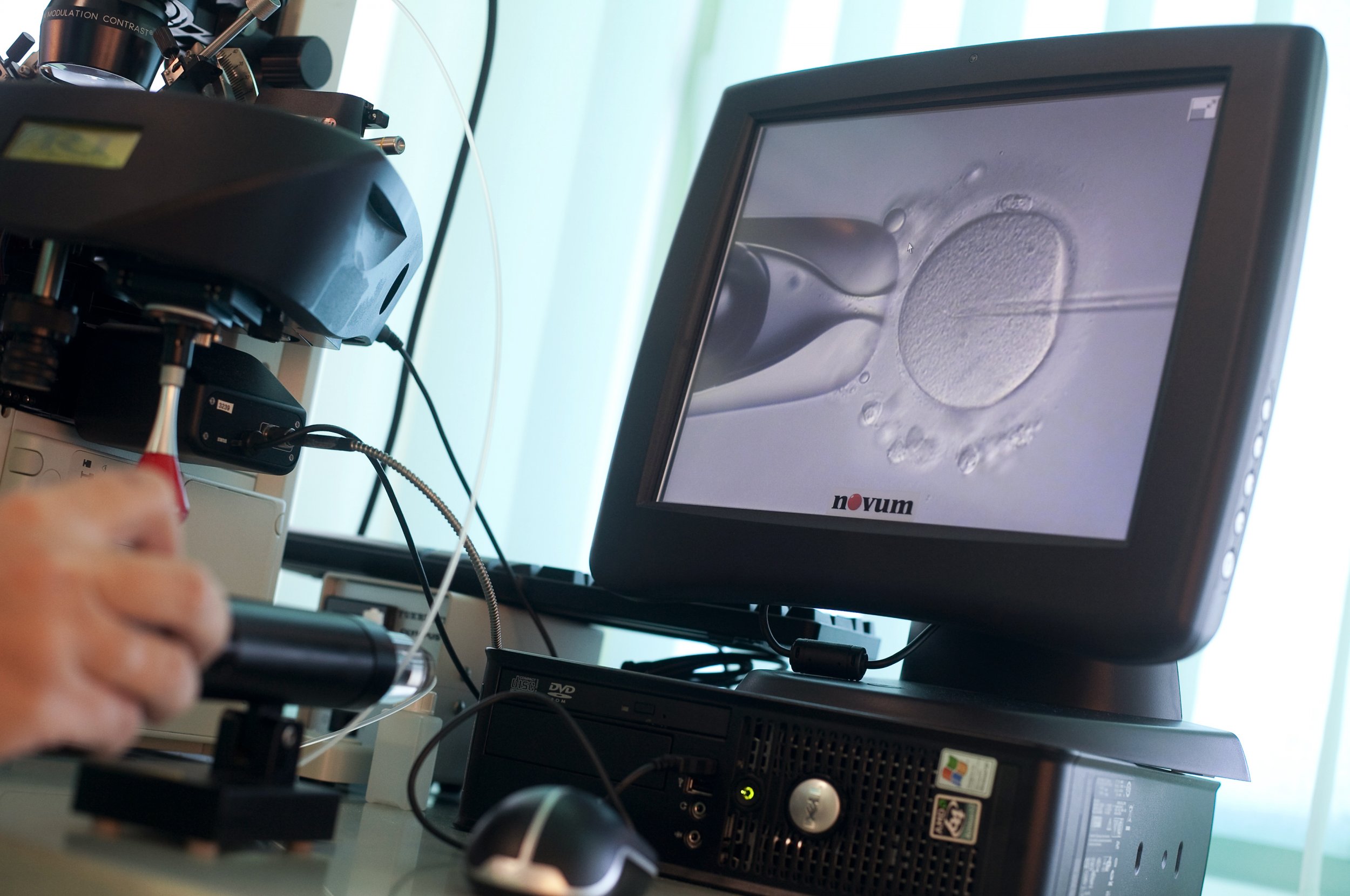
Researchers may have found an intriguing new use for two drugs already on the market that are used to prevent organ rejection in transplant patients. Cyclosporine A and tacrolimus are medications that may be an effective contraceptive pill for men, according to a new mouse study.
In transplant patients, both drugs work as an immunosuppressant, preventing the body from producing a protein and inhibiting an enzyme called calcineurin that normally would allow the immune system T cells to launch an attack on the foreign organ.
Researchers in Japan identified a type of calcineurin that is present only in sperm and contains two proteins known as PPP3CC and PPP3R2. They then genetically engineered mice to inhibit their ability to produce both proteins.
The study, published Thursday in the journal Science, included one group of these genetically modified (also known as "knockout") mice and a control group that was still able to produce the two proteins at normal levels. The researchers then attempted to mate the mice—and found the knockout mice were unable to impregnate the females.
The researchers then performed in vitro fertilization with sperm from the knockout mice. Though the sperm count of these mice turned out to be low, that wasn't the reason why they were infertile. It turns out these sperm were unable to penetrate the innermost membrane of the egg, called the zona pellucida (ZP).
It's not that these sperm were slow swimmers. The problem was their tails: They didn't whip at the same rate as regular sperm, which made it challenging for them to fully penetrate the membrane and fertilize the egg. This is what scientists call "hyperactivation." Upon further analysis, they also determined there were structural differences in these sperm: They had more rigid shapes and therefore were not flexible enough to slip through the ZP membrane.
Next the researchers injected the regular mice with the immunosuppressant, and within five days they were found to be infertile. Fertility in the mice returned a week after they were no longer receiving the drug.
This is not the only medication already on the market that could do double-duty as male contraception. A cancer drug in development known as JQ1, which inhibits the growth of malignant cells, appears to also target the BRDT gene, which plays a role in sperm production in the testes. A mouse study found that targeting that gene appears to inhibit sperm growth, according to a paper published in Cell.
Uncommon Knowledge
Newsweek is committed to challenging conventional wisdom and finding connections in the search for common ground.
Newsweek is committed to challenging conventional wisdom and finding connections in the search for common ground.
About the writer
Jessica Firger is a staff writer at Newsweek, where she covers all things health. She previously worked as a health editor ... Read more





